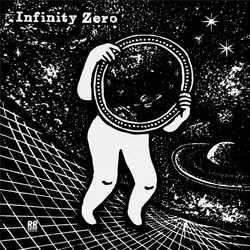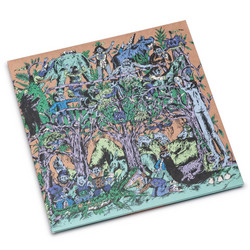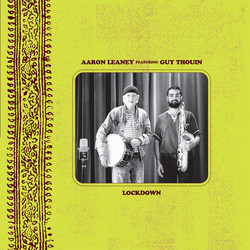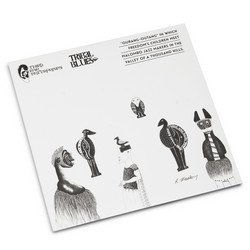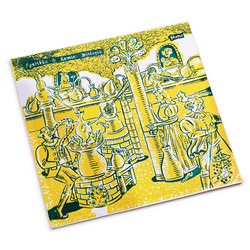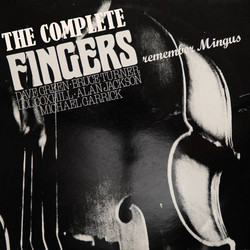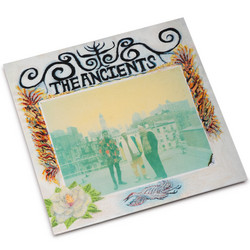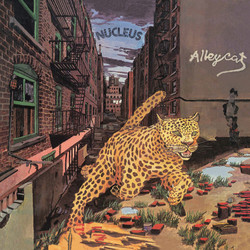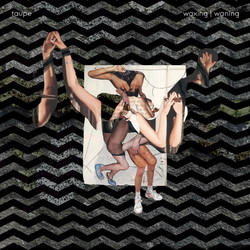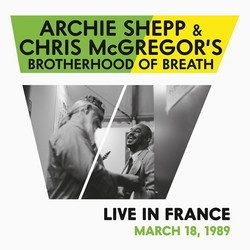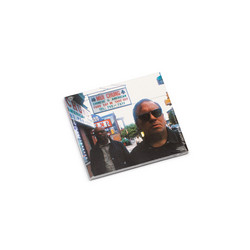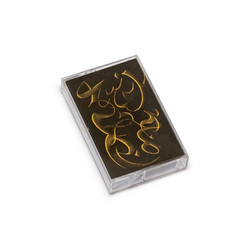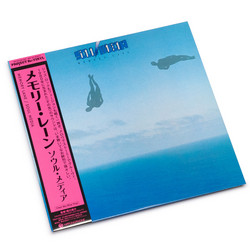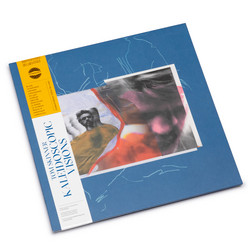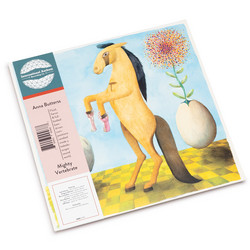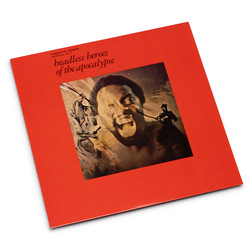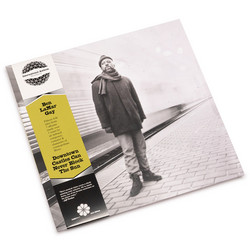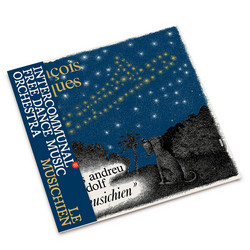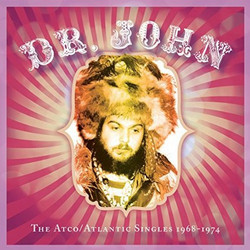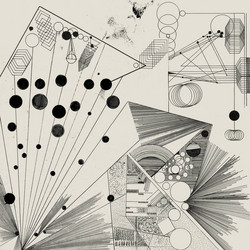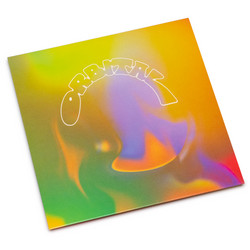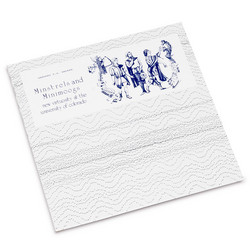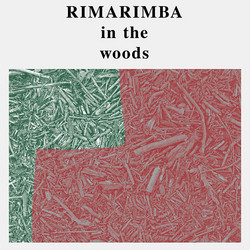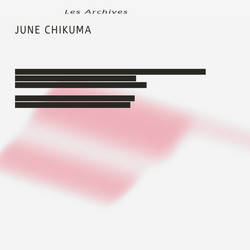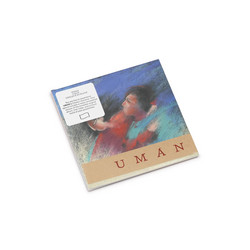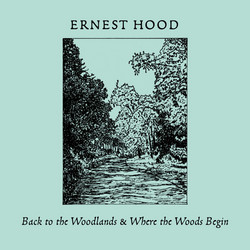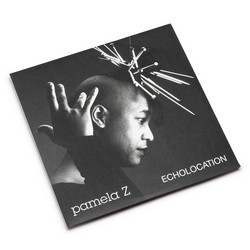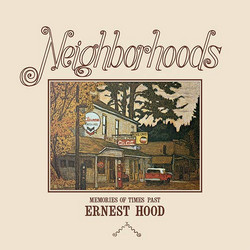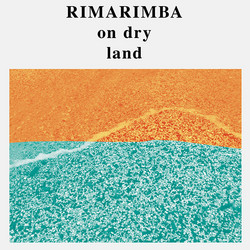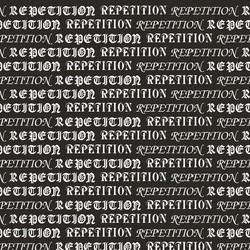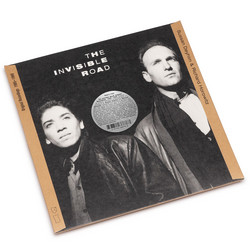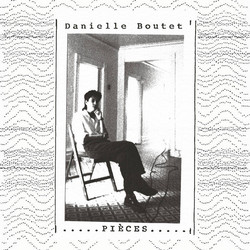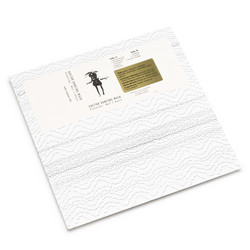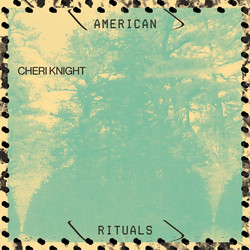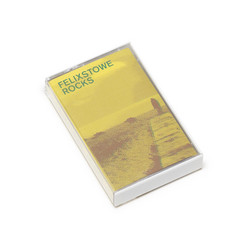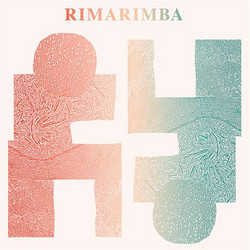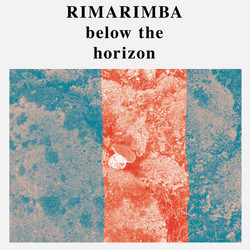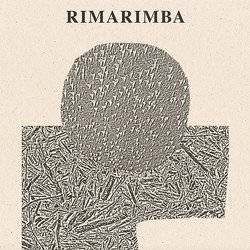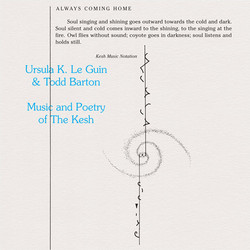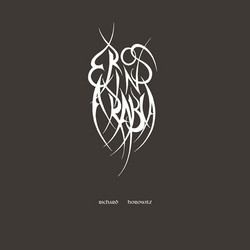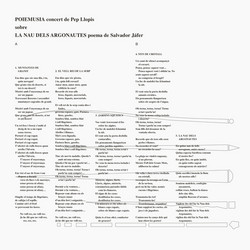Universal Liberation Orchestra
Communion: Jazz For A New Age (LP)
Communion, privately released in an impossibly small edition of twenty five cassettes in 1986, is a beguiling, politically underpinned meditation of cosmic improvisation and wayward folk music from Cleveland’s Universal Liberation Orchestra. The group’s name is, in one sense, a tongue-in-cheek reference to their changing membership, while also a proclamation of intention. Started in 1979 as a five-piece, first known as the Cleveland Collective, the group eventually whittled down to the duo of brothers River and Tom Smith.
Much of the siblings’ music has an overt political bent; their first two albums under the originally abbreviated name Universe, New Day (1984) and Open Season (1985), express anti-war sentiments with songs like “The Bomb” and “Hiroshima Nagaski Blues.” The brothers’ practiced what they preached, too: playing at anti-nuke demonstrations, performing at labor rights picket lines, and opening a Cleveland rally for Jesse Jackson during the reverend’s first presidential campaign. River himself even ran for congress multiple times, all while practicing as a clinical psychologist. River and Tom assume distinct roles in ULO: The former is the lyricist, while Tom handles songwriting and most of the instrumentation. River’s interest was always in poetry, and in his early twenties, he set up readings and workshops around Cleveland. Tom took guitar lessons at fourteen, and while he soon abandoned the instrument, he eventually embraced it, emboldened. “I had an aptitude where I could basically pick up any instrument—whatever suited my fancy—and play a little bit here and there,” he says.
River and Tom collaborate in a generative manner: they begin with a lyric or rhythm, and let the rest flow. You can sense that anything goes approach and confidence on multiple tracks throughout Communion, yet an undeniable cohesion. The album’s true constant: minimal, mesmerizing atmospheres. If previous music provided declarative political messages, Communion is a moment for rest before continuing the fight. The brothers called what they created for Communion “liberation music.” River defines liberation as “realizing all the possibilities available for all of us,” specifically referring to ongoing battles against sexism, racism, and classism. But this recognition of what could be manifested in their musical audacity, too. “We didn’t feel a great need to stay in one genre,” River asserts.
